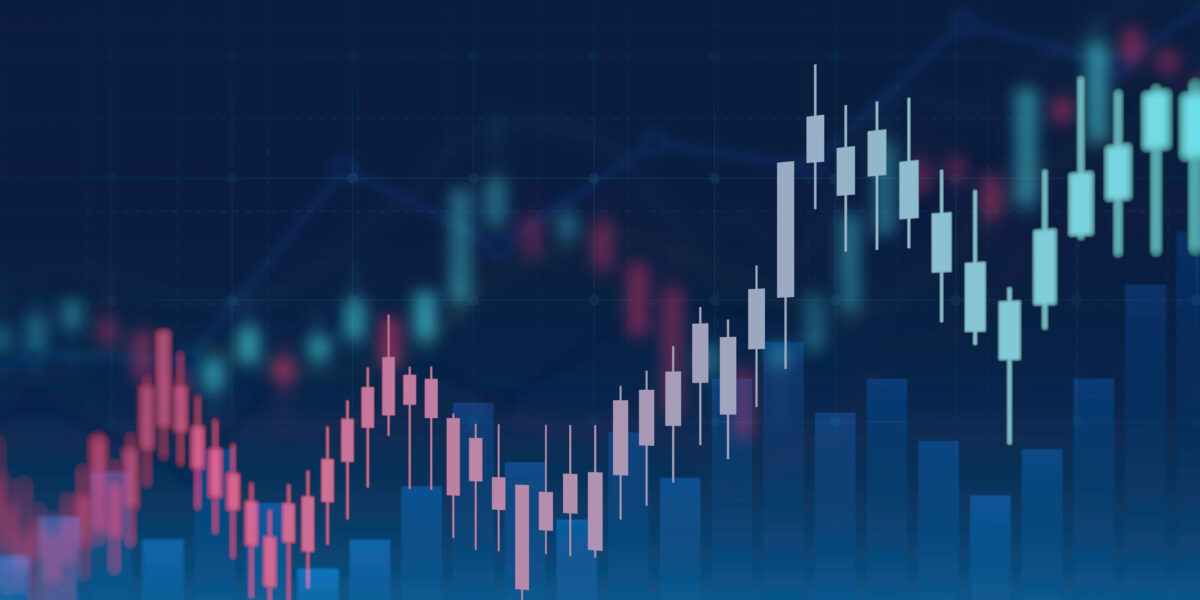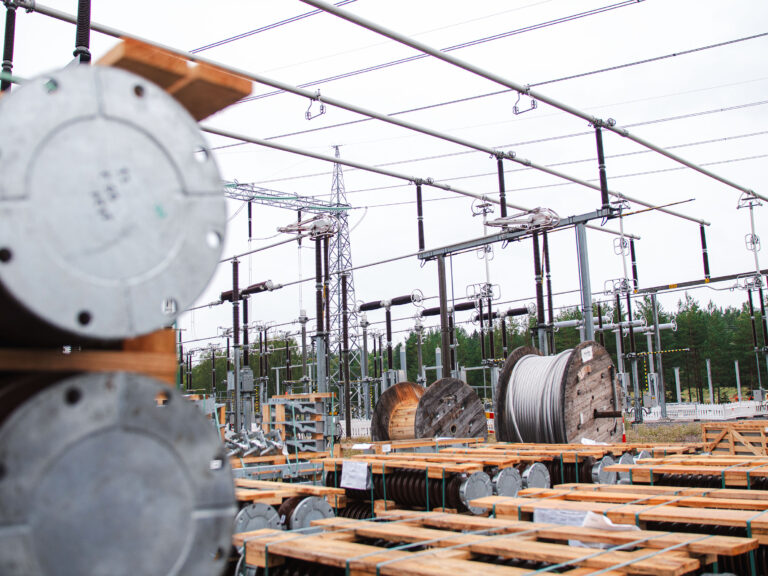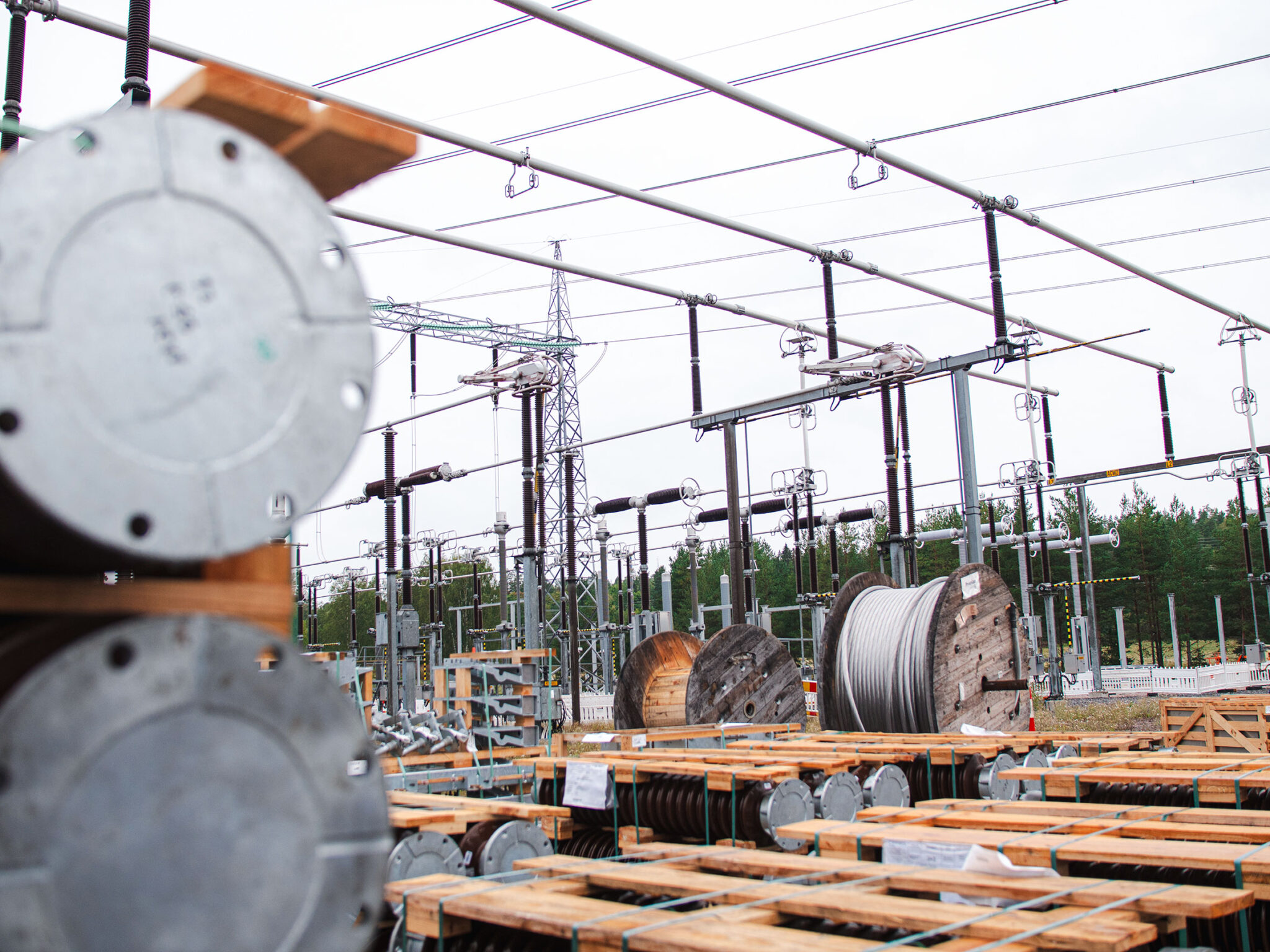The electricity price is determined by market supply and demand in power exchanges. The price influences supply and demand, helping to keep the electricity market balanced.
However, power exchanges must constantly develop as the demand for electricity rises and an increasing share of electricity production is dependent on the weather. It is hugely important that the systems work because an error could, in the worst case, bring down the entire power system.
“The electricity market today is completely different to how it was ten years ago, and ten years from now, it will look different again,” summarises Thomas Ignatius, Finland’s Market Manager at the Nord Pool power exchange company.
The pace of change at the moment is particularly high. For example, the flow-based method of calculating capacity based on transmissions was introduced in the Nordic countries in October, and the day-ahead market will switch to a 15-minute trading period throughout Europe next year.
Large fluctuations in electricity prices have strengthened the need for electricity derivative markets.
“The electricity market must be kept in balance from one second to the next, and the electricity price can vary greatly over the course of a day. This makes it more challenging for market parties to predict how much they will receive or pay for electricity. Derivative markets allow parties to enter into longer-term agreements on the price of electricity. Derivatives trading is separated from the physical power market trading, but the two markets are still highly interrelated. It provides the predictability customers crave when dealing with electricity prices,” explains Tom Darell, CEO of Nord Pool.
Next year, Nord Pool will launch its own derivative marketplace in addition to the derivative exchanges operated by EEX and Nasdaq.
Nord Pool has a strong presence in Finland
Nord Pool’s journey began in Norway 31 years ago when it became the world’s first power exchange. It began facilitating international trading between Norway and Sweden in 1996, and Finland was integrated into the exchange in 1998.
Today, it operates in the electricity markets of 16 European countries, facilitating participation for over 400 customers, and also offers innovative technologies and services, consulting, and training in other markets.
Operators can choose which marketplace to use based on aspects such as the additional services that the companies offer.
“Nord Pool is Europe’s trailblazing power exchange. It brings a Nordic touch to European market development, especially in areas such as legislation and reporting,” says Ignatius.
“Although Nord Pool’s role has evolved over the years, our main goal has remained the same: to create an efficient and transparent marketplace.”
Nord Pool has two headquarters, one in Oslo and one in Keilaniemi, Espoo, with approximately 50 employees.
“All the IT developers, product management and market integration employees are here, and we do most of our IT development work here. For example, we are currently focusing on interfaces for intraday trading. We have strong local knowledge of the Finnish market, and our solutions are continuously developed to meet the all-around needs of our customers, including trading, reporting, consulting, training, and, in the future, derivatives.”
EPEX SPOT: community manager and market solutions portal
EPEX SPOT, headquartered in Paris, was founded in 2008. It is a marketplace for the physical energy markets in 13 European countries, and it provides electricity market services in a total of 19 countries.
More than 400 companies trade on the EPEX SPOT platform. It has operated in the Nordic countries since 2020, offering a marketplace integrated into the region and the rest of Europe, both for the day-ahead and intra-day markets, like Nord Pool.
“In addition to providing a technical platform, we feel we are also a community manager who sets the rules and offers innovative tools. These help our customers meet business needs and satisfy regulatory requirements, produce market data, and, above all, endeavour to ease the navgation of complex electricity markets,” says David Assaad, Director of Marketing and Customer Solutions.
The electricity spot prices are the same in both marketplaces, but operators can choose which marketplace to use based on aspects such as the additional services that the companies offer.
EPEX SPOT also offers market solutions for the electricity market, such as an auction platform for electricity certificates and local flexible markets.
“The evolution of the electricity market towards faster and increasingly digital trading, including automated trading through APIs, will be an important part of the future market. We are also developing solutions that will allow new operators to enter the wholesale market without intermediaries,” says Assaad.







